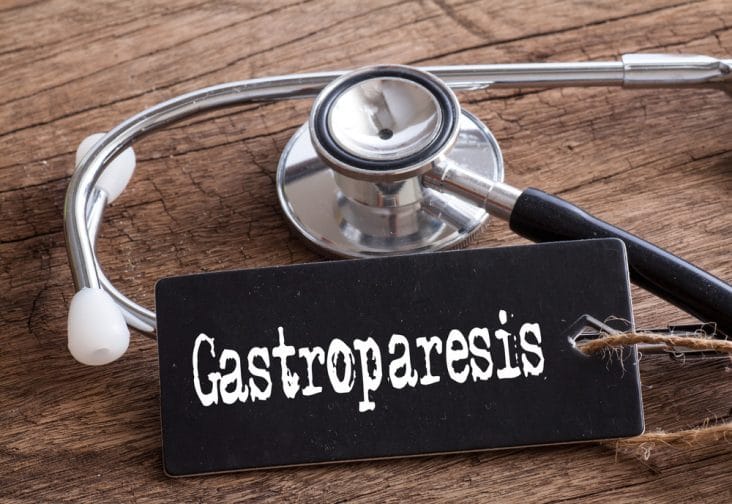Author : Dr Suhirdan Vivekanandarajah
Gastroparesis or paralysis of the stomach is a medical condition that slows down the passage of food and liquids from the stomach to the intestines. This happens when the stomach’s regularly occurring contractions don’t take place as they should.
During digestion, when the partially digested food and liquids are in the stomach, contractions in the stomach automatically move them over to the small intestine for further digestion and nutrient absorption. When you have gastroparesis, this process is delayed and does not take place properly.
Causes
Research suggests that gastroparesis is a complication of diabetes and occurs due to nerve damage called autonomic neuropathy. This condition may be the result of damage to the vagus nerve of the stomach due to long-term high blood glucose levels. Damage to the vagus nerve could also occur due to upper gastric surgery.
This condition may also be attributed to damage in the stomach muscles in patients suffering from scleroderma, a disease of the body’s connective tissue or due to nervous system diseases such as Parkinson’s or multiple sclerosis.
Certain other factors that could increase the risk of developing gastroparesis include:
- Viral infections
- Treatments such as radiotherapy or chemotherapy
- Hypothyroidism
- Eating disorders
- Certain medications
Although gastroparesis remains relatively unknown within the diabetes community, there are around 125,000 gastroparesis patients in Australia. The majority of patients diagnosed with this condition may have idiopathic gastroparesis, which reflects an inability to identify the cause of the disorder.
Symptoms
The symptoms of gastroparesis may be similar to symptoms of other diseases of the digestive system.
However, feeling full, soon after eating a small amount of food, may be a significant tell-tale sign. Since eating your usual quantity of food will make you feel uncomfortable, you may also experience heartburn, chronic nausea, and vomiting.
Other symptoms of this condition may include:
- Bloating
- Stomach pain
- Lack of appetite
- Severe changes in blood glucose levels
- Weight loss
Diagnosis
If you experience any of these symptoms, your doctor may review your symptoms and medical history and carry out a physical examination. You also may be asked to undertake further medical tests to confirm this diagnosis and rule out other complications or diseases in the gastrointestinal (GI) tract.
Tests and procedures that may be used include:
- Blood test – to see irregularities in blood work and your electrolyte levels.
- Upper GI endoscopy – to look for any abnormalities in your upper gastrointestinal tract.
- Gastric emptying scintigraphy – to evaluate the rate of stomach emptying in the presence of solid food or liquids.
- Upper GI series – a barium sulphate drink is ingested to help outline your upper GI in an x-ray.
- Breath test – breath samples are taken after a meal containing trace amounts of radioactive material, to evaluate the speed of digestion in your stomach.
Treatment
Treatment for gastroparesis may involve symptom management and controlling any discomfort you may be feeling. Your doctor may suggest dietary changes as the primary treatment to control your diabetes, facilitate faster stomach-emptying, and to improve your nutrient intake.
You may be advised to chew your meals well, to consume more soft food and liquids to ease digestion, to eat smaller meals, and to avoid lying down after meals to assist gastric emptying with gravity.
You may also be advised to continue taking diabetes medication and also take medication to stop nausea, vomiting, and to help food pass through your stomach easily. You may also receive gastric electrical stimulation to aid your stomach contractions.
If these treatments do not control your symptoms, you may need surgery to place a feeding tube through your skin into your small intestine.
Request more information on the diagnosis and treatments of gastroparesis
If you are experiencing any of the symptoms, speak to your doctor about diagnostic procedures. Though there may not be a cure for this condition, it’s important to receive treatment to control your symptoms and lead a comfortable and healthy life.
Contact a team of expert gastroenterologists for more information on the diagnostic and treatment procedures available for gastroparesis.

